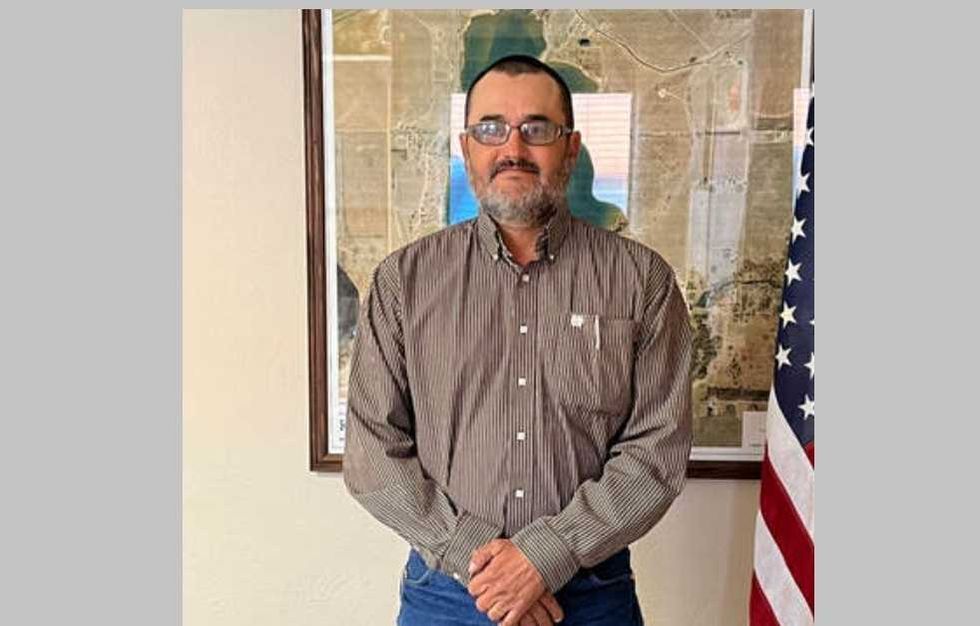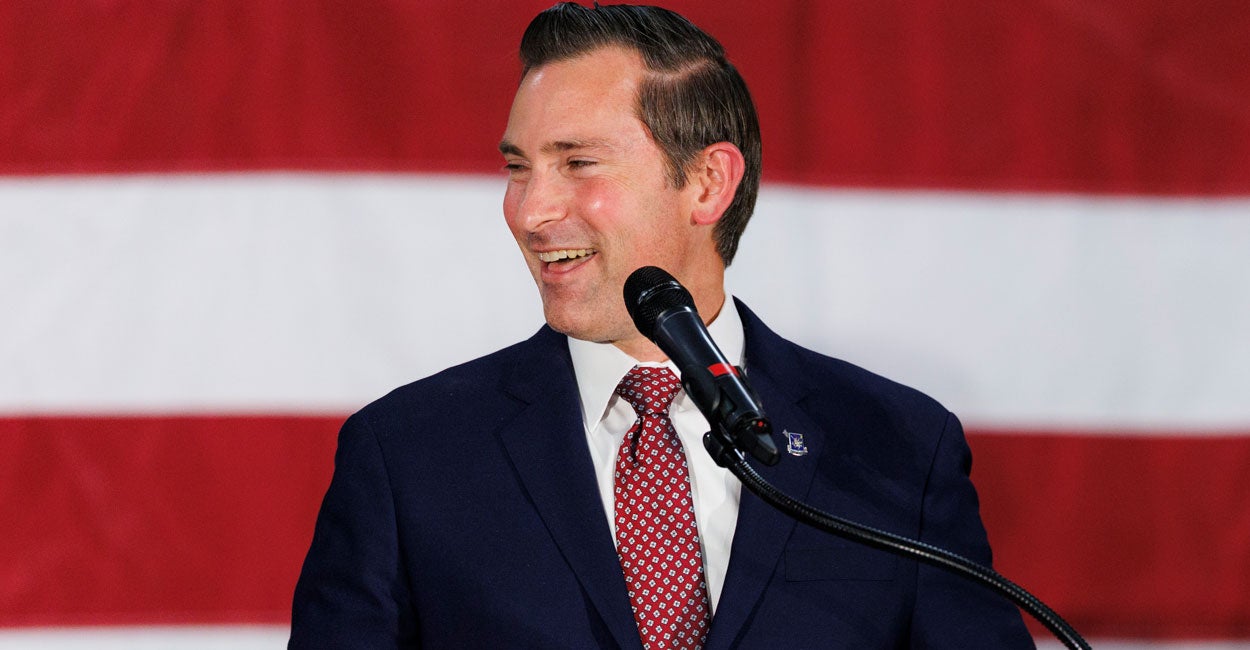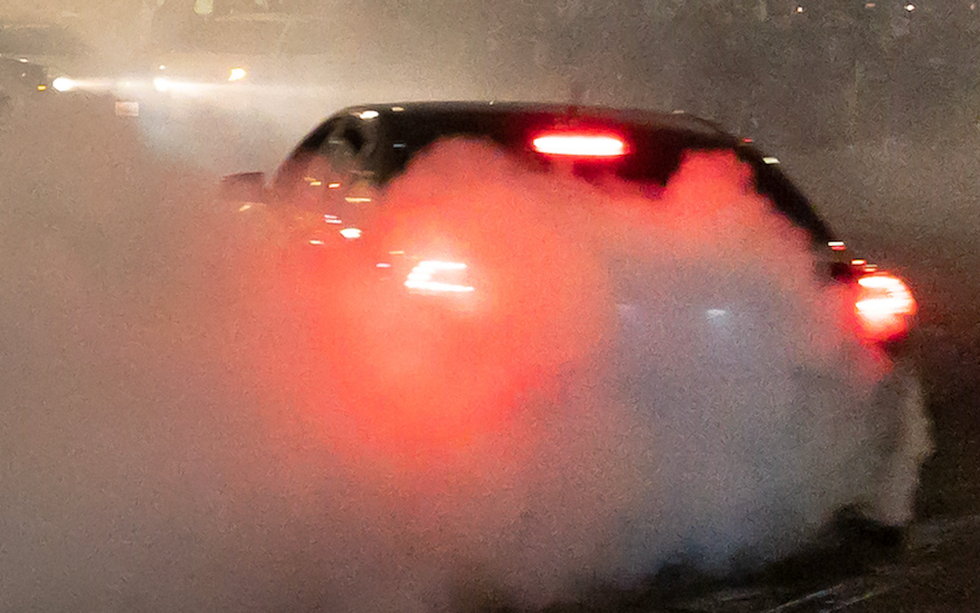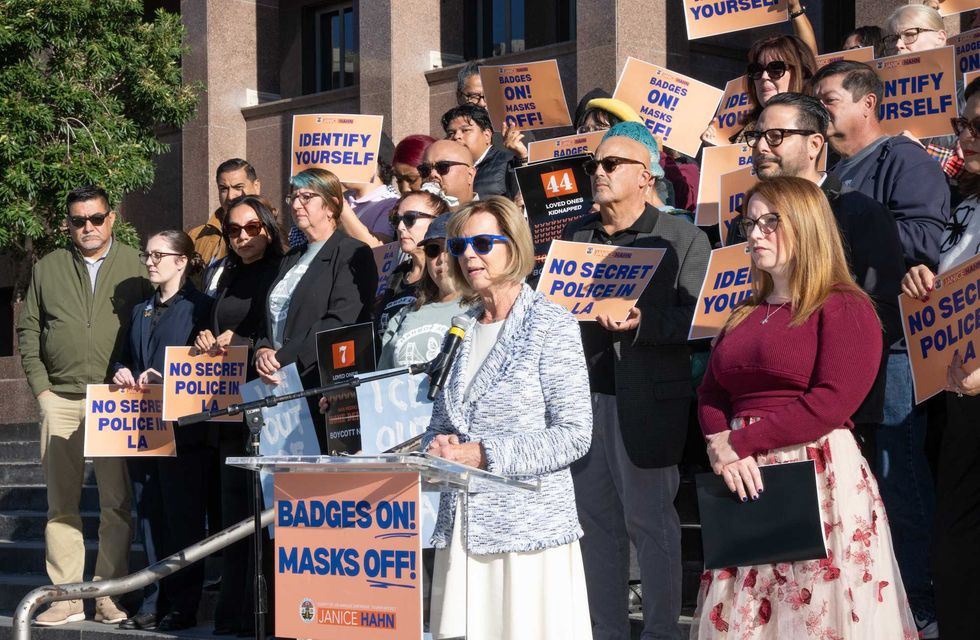Why our obsession with true crime isn’t as dark as you think
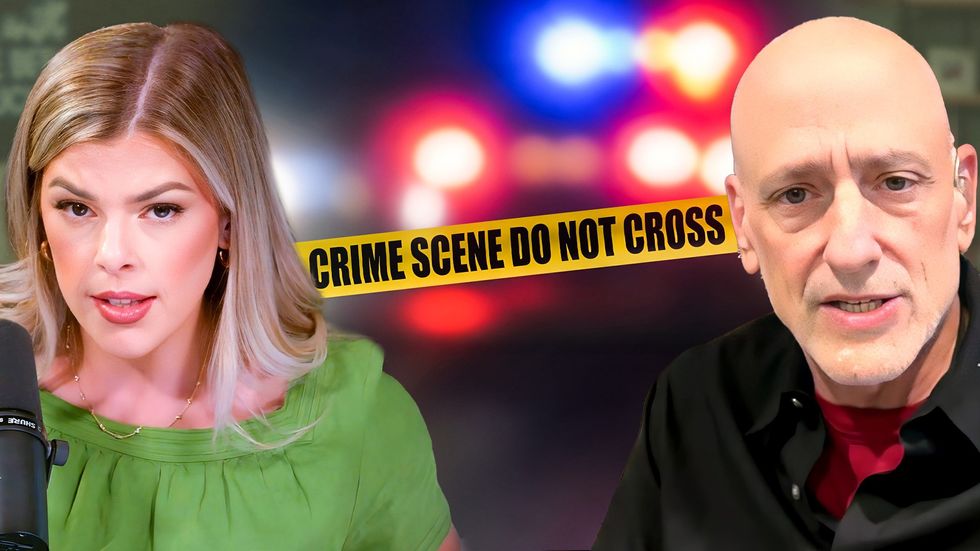
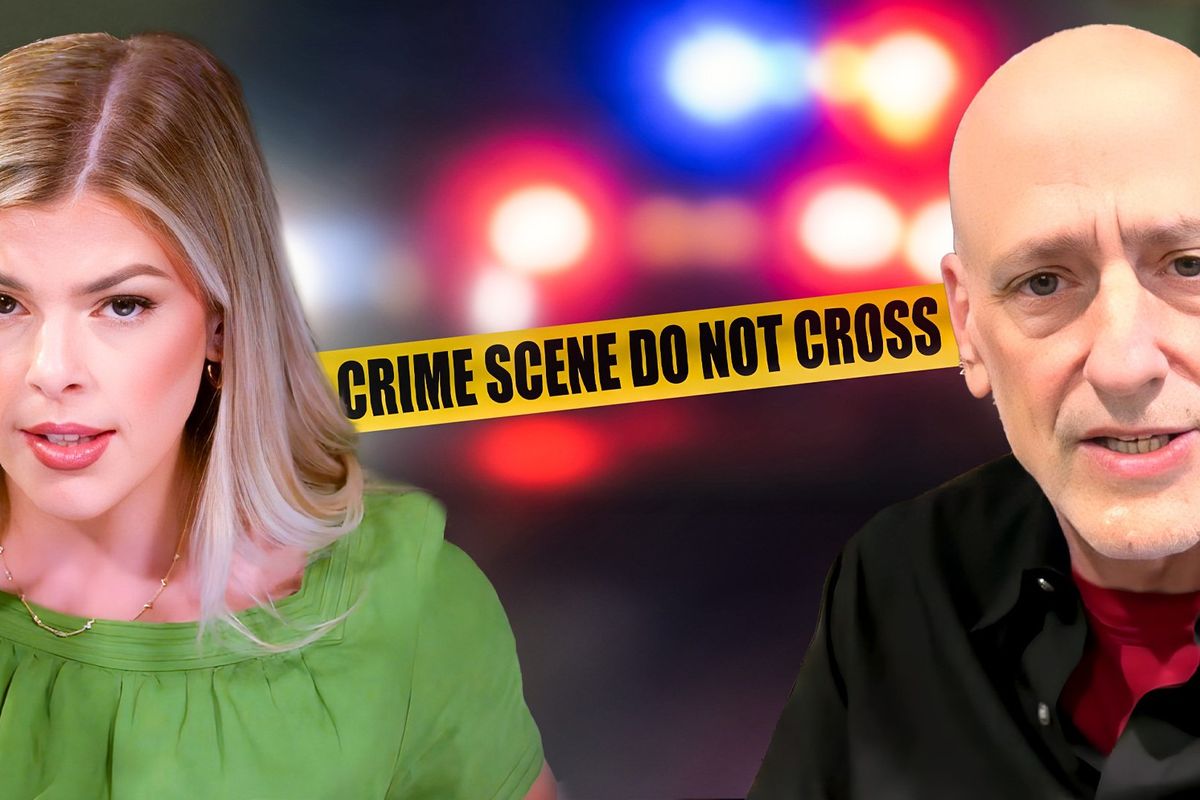
Social media has a way of humorously exposing humanity’s peculiarities. Using memes, reels, and trending audio, we love to make fun of ourselves.
One trend that’s been going strong for a while now exposes our strange obsession with true crime documentaries, books, and podcasts. There’s no telling how many thousands of Instagram reels and TikToks out there poke fun at normal people pounding popcorn while bingeing a series on Ted Bundy, for example.
Initially, it’s kind of funny. But a deeper consideration reveals a dark question: Why are we so drawn to serial killer stories? What is it about brutality, bloodthirst, and murder that attracts us?
This is one of many subjects author and Daily Wire host Andrew Klavan touches on in his new book, “The Kingdom of Cain: Finding God in the Literature of Darkness.”
On a recent episode of “Relatable,” Klaven and Allie Beth Stuckey unpacked this grim query.
While you might think that the duo arrive at an equally grim conclusion, they don’t. Peeling back the layers of this obsession with true crime leads to a paradoxically optimistic verdict: We are captivated by the collision of darkness and the moral order.
In an age when reading, especially the classics, is a dying practice, true crime fills the gap that dark literature used to fill.
Dostoevsky’s “Crime and Punishment,” Shakespeare’s “Macbeth,” or even the biblical account of Cain’s treachery against his brother Abel are all tales that hinge on murder and betrayal. These stories, Klaven says, explore darkness “within that moral order.” Our instinctive recoiling at the murder of an innocent, for example, shatters the atheistic idea of moral relativism, which can actually lead us to God — the source of truth.
Ultimately, “that's what people are looking for in crime,” he tells Allie. “Murder is the place where everybody says, ‘Yes, that is evil'" because there is something in us that understands “the sanctity of the human person.”
But is true crime a good substitute for dark literature?
Not exactly, says Klaven.
“I think that people would be better off if they were reading Dostoevsky more and maybe being titillated by true crimes a little less,” because “it’s when the mind and heart and soul of the artist engage with murder that we see it become something beautiful in this larger context, which is what I think God is doing with the world itself,” he says.
Allie then brings up another good point: Unlike thought-provoking literature that invites us to explore the human condition, true crime often leads to “fear and paranoia.”
“There is some sort of balance between looking at darkness, recognizing it for the objective evil that it is, [contrasting] it to God's goodness, and constantly dwelling on the darkness,” she says, citing Philippians 4:8, which encourages readers to focus their thoughts on what is true, honorable, just, pure, lovely, and praiseworthy.
While not denying the truth of the verse, Klavan says that Philippians 4:8 is not synonymous with the “You Can Fly!” song from Peter Pan, which features the lyric “Now, think of the happiest things / It's the same as having wings.”
“You have to remember that Peter Pan never grows up, and if your faith never becomes the faith of a grown-up person, it's not going to stand up very well when you come into contact with the things that really do happen in this world — not just the evil, but also the suffering, the cruelty,” he says. “We believe in a God who was crucified … that's a very, very tragic truth, and yet the very deepest thing that God does for us is contained within that crucifixion.”
“One of the first things it says in Philippians is meditate and dwell on what is true, and what is true is all the beauty we experience, all the good that we experience, all the God that we experience takes place in this very dark world,” he continues.
The best Christian art, he argues, pointing to Michelangelo, Shakespeare, Mozart, and Bach, dealt with the kind of “sorrow and darkness and pain and suffering that Christianity was meant to address.”
However, even non-Christians unknowingly do this. “Many writers who have no faith have produced beautiful works that speak of God because I think any time you tell the truth, you're going to speak of God,” says Klaven. “The arts convey [and] transform this evil and this darkness into a source of light, and I think that that is a beautiful thing.”
To hear more of the conversation, watch the episode above.
Want more from Allie Beth Stuckey?
To enjoy more of Allie’s upbeat and in-depth coverage of culture, news, and theology from a Christian, conservative perspective, subscribe to BlazeTV — the largest multi-platform network of voices who love America, defend the Constitution, and live the American dream.
Originally Published at Daily Wire, Daily Signal, or The Blaze
What's Your Reaction?
 Like
0
Like
0
 Dislike
0
Dislike
0
 Love
0
Love
0
 Funny
0
Funny
0
 Angry
0
Angry
0
 Sad
0
Sad
0
 Wow
0
Wow
0
